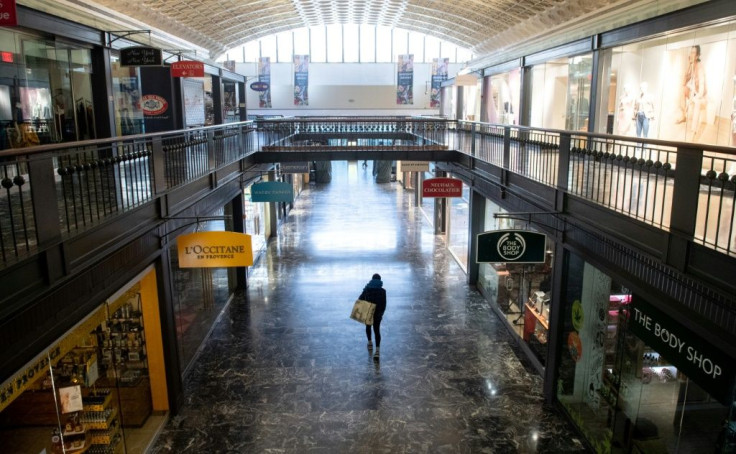Coronavirus Baby Bust: Low Birth Rates Following Covid-19 Pandemic Could Damage The Economy
Although many suspected the coronavirus pandemic would result in a baby boom, it appears couples in the U.S. are choosing to put expanding their families on hold. However, their decisions could have a negative impact on the economy.
A recent study theorized that fewer babies being born following the stay-at-home orders will result in fewer consumers that will contribute to the growth of the economy later.
In June, the Brookings Institution’s study predicted that the U.S. would have an “a large, lasting baby bust.” Researchers estimated that there would be 300,000 to 500,000 fewer children born in the U.S. in 2021 than there would have been if the pandemic never happened.
Bloomberg noted that the large baby deficit will also exceed the number of Americans who have died from the coronavirus.
Lyman Stone, the chief information officer of Demographic Intelligence, predicted that the economy may not recover from the stalled baby plans.
“There is this Panglossian narrative that delayed births will tend to recover, but statistically it doesn’t happen,” he said.
Meanwhile, Karen Guzzo, a sociology professor at Bowling Green State University, noted that those who chose to hold off on their baby plans may have to abandon their plans to conceive.
“Every time that people decide to push back when they’re going to have their first kid or their next kid, some proportion will end up not having the child at all,” she revealed.
“The longer you wait to have your second or third child, the harder it is to, say, ‘Oh, I’m ready to have babies again.’ They say, ‘You know what? My family’s complete, I’m happy with what I have.’ ”

© Copyright IBTimes 2024. All rights reserved.






















